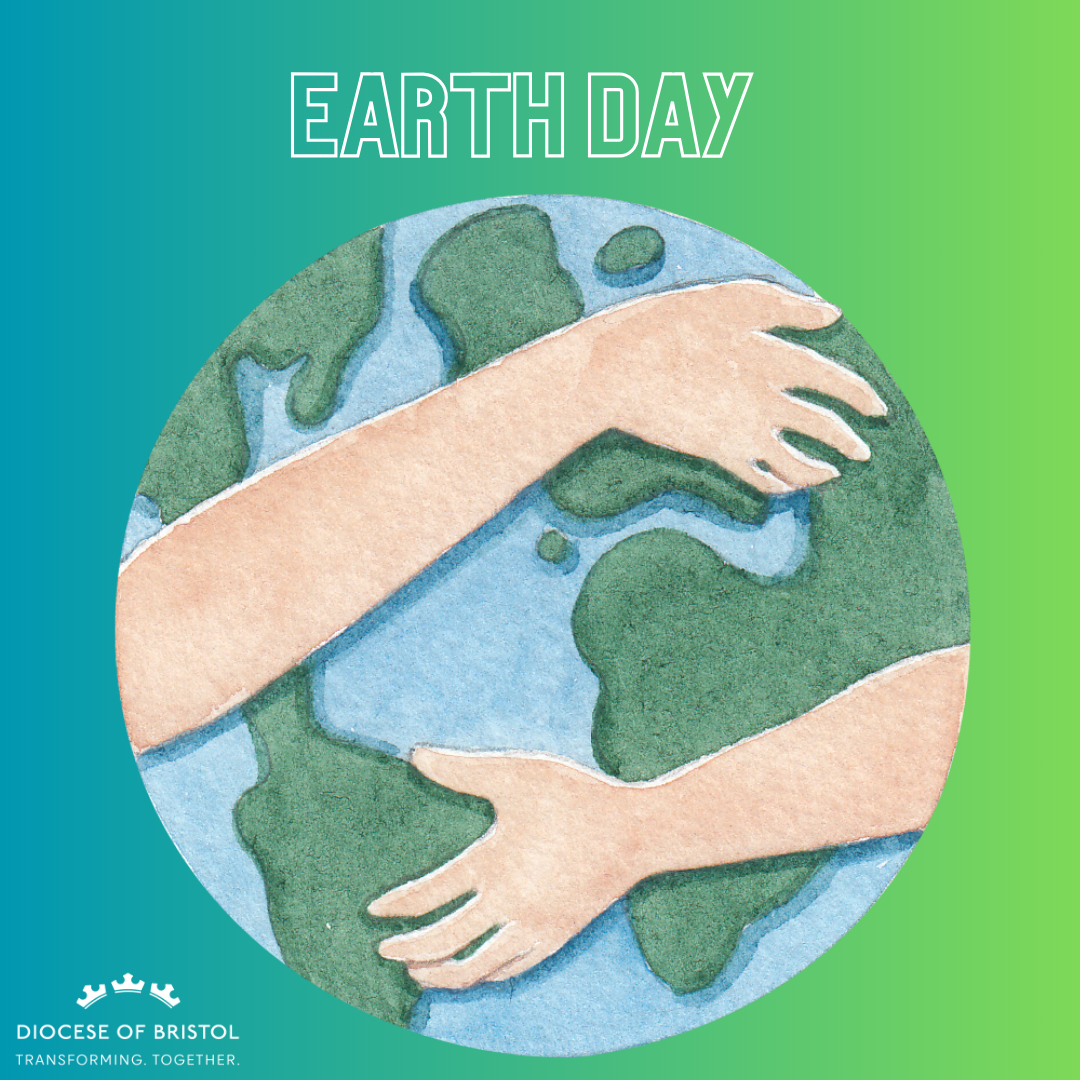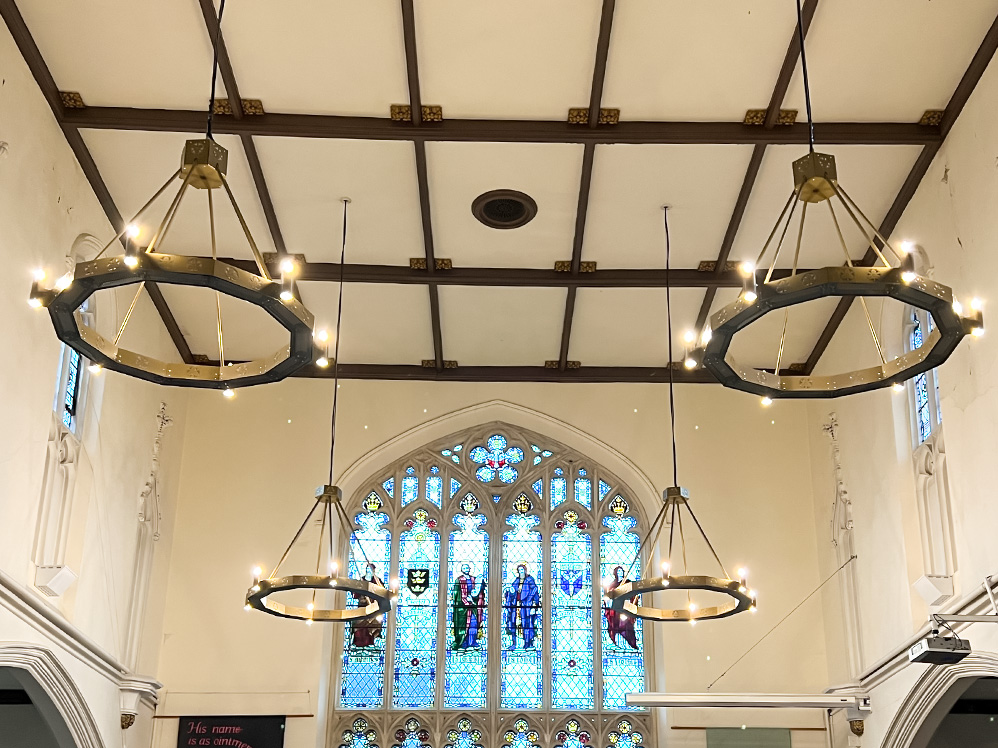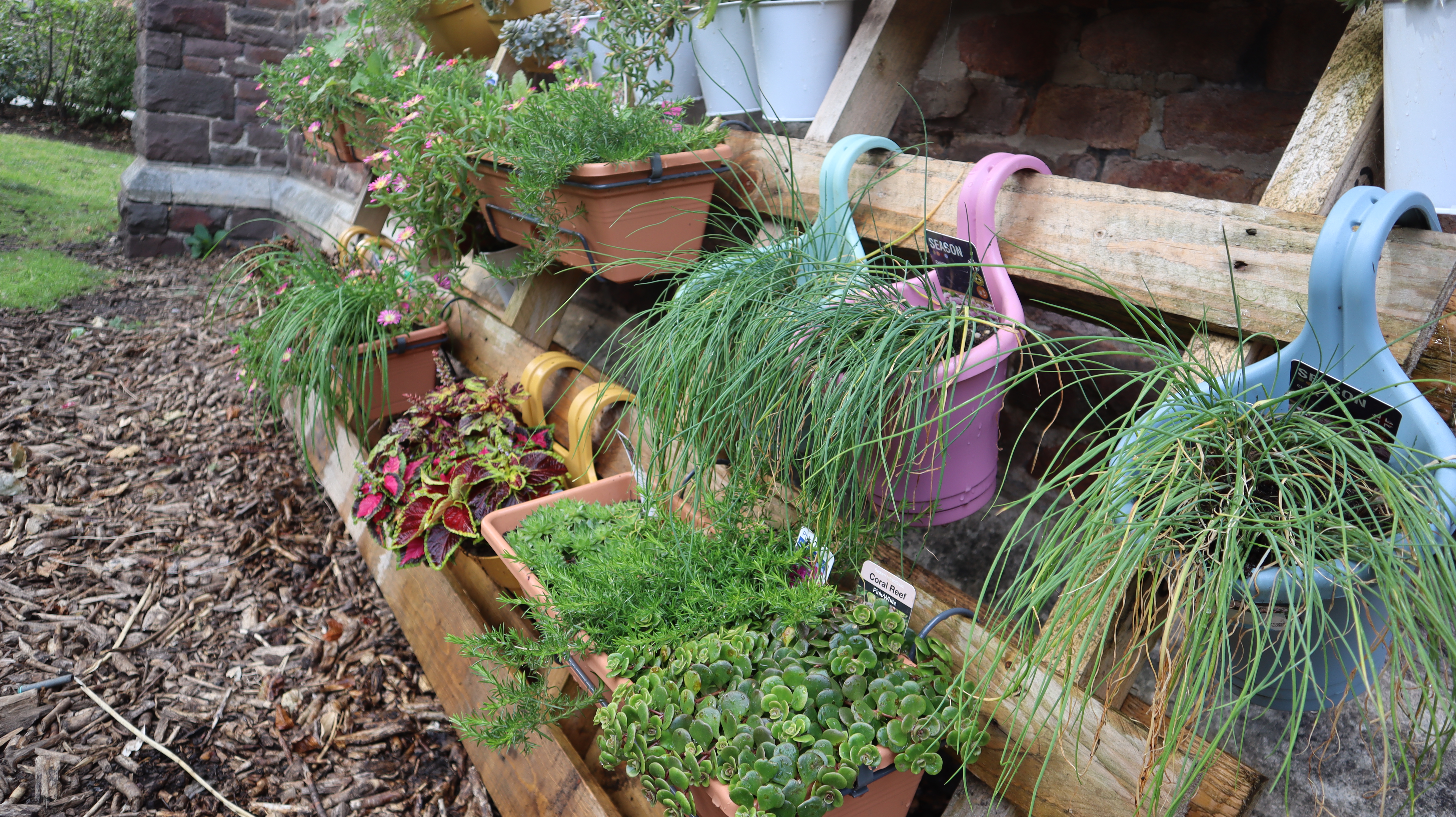 Earth Day is upon us once again — but what exactly is it?
Earth Day is upon us once again — but what exactly is it?
More than just a date on the calendar, Earth Day is a global moment to reflect on the state of our planet, celebrate the achievements of the environmental movement, and raise awareness of the urgent need to protect the natural world for future generations.
Right now, our collective home needs protecting more than ever. In 2009, a group of 28 leading scientists identified nine planetary boundaries — environmental limits within which humanity can safely thrive. If we cross these thresholds, we risk triggering abrupt and potentially irreversible damage to Earth’s life-support systems.
Alarmingly, we’ve have breached seven of those nine boundaries. Climate change is one, with the ten hottest years ever recorded all happening since 2014, and 2024 now confirmed as the hottest on record. Biosphere integrity is another boundary already breached, with global wildlife populations suffering an average 73% decline between 1970 and 2020.
Faced with statistics like these, it can be difficult to stay hopeful. But amidst the challenge, there are signs of positive action, including extraordinary and impactful change at a local level here in the Diocese of Bristol with PCC’s, schools, and community groups passionately working together to cut carbon emissions, improve biodiversity and care for creation.
Churches Leading the Way
Across the Diocese, 185 churches have now completed energy efficiency audits, identifying practical recommendations to improve the sustainability of their buildings. Many of these churches are already taking bold steps towards greater energy efficiency and decarbonisation.
 35 churches have installed decarbonisation measures; from highly efficient far wave infrared heaters, which warm people directly rather than the vast airspace in traditional church buildings, to solar panels, secondary glazing, and insulation and draft-proofing improvements.
35 churches have installed decarbonisation measures; from highly efficient far wave infrared heaters, which warm people directly rather than the vast airspace in traditional church buildings, to solar panels, secondary glazing, and insulation and draft-proofing improvements.
There are already inspiring success stories within the Diocese; St Matthew’s Cotham was the first church to install chandelier-style infrared heaters, offering an innovative and effective way to heat churches.
St Mary’s Marshfield has adopted a holistic approach to decarbonisation and biodiversity in its churchyards. A Silver Eco Church Award holder, they have installed solar panels and electric chandelier infrared heaters to cut carbon while keeping the church warm. Outside, rewilded grassland, pollinator-friendly flowers, and rainwater harvesting have turned the churchyard into a thriving space for wildlife and the local community.
Hear more about St Mary's story below:
Clergy Homes
The Diocese is also working hard to improve the environmental performance of clergy housing. To date, 51 Solar PV systems have been installed, with a further 30 planned by the end of 2025. The move towards low-carbon heating is underway too, with eight air source heat pumps installed and 11 more due over the next year, as well as focused works to improve insulation and double-glazing windows where needed. In addition to this, we now ensure that all new properties purchased are suitable for carbon net-zero upgrades, if not already installed.
Schools
Our Voluntary Aided church schools are also stepping up in response to the climate challenge. With funding released from the Diocese Educational Foundation reserves, four VA schools are set to install large-scale solar systems in 2025, with St Francis, Swindon leading the way, having just completed a 100kW rooftop solar installation this week, expected to save the school around £10,000 a year on electricity costs.
Meanwhile, initiatives like Let’s Go Net Zero and Count Your Carbon are being promoted across both VA and VC schools, helping to embed sustainability at the heart of school culture and education.
 Biodiversity: An Equal Priority with Net Zero
Biodiversity: An Equal Priority with Net Zero
In February 2024, a significant decision at General Synod rightly placed biodiversity on equal footing with achieving Net Zero. The Diocese of Bristol is responding proactively, promoting better land management for nature across churchyards and diocesan land.
Over the summer, we will develop a comprehensive land management plan and additionally we are working alongside Avon Trees and other local wildlife trusts to increase biodiversity, plant trees, and nurture local ecosystems.
Power of Community
The network of EcoChamps across the Diocese continues to grow, bringing together passionate individuals who are leading environmental action within their churches and communities. Meeting bi-monthly, this group shares ideas, successes, and practical solution, if you would like to join the Eco Champions network, email environment@bristoldiocese.org
While there’s still much to be done, the Diocese of Bristol is working hard to influence positive, measurable change, collaborating with local communities, environmental groups, and decision-makers. Research highlights that partnerships between faith organisations and local groups are powerful tools in tackling environmental challenges, and the Diocese is embracing this.
From churchyards rewilded to solar-powered vicarages and Eco Church awards being achieved across the region, small changes can add up to make a difference. This Earth Day reminds us that caring for creation is a calling we all share, the Diocese of Bristol is proud to be part of the movement for climate justice and ecological renewal.